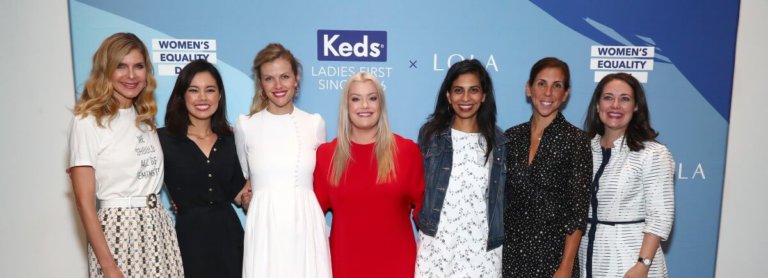
Companies with a gender-diverse workforce are 21 percent more likely to experience above-average profitability than companies with poor female representation, a McKinsey report has found.
They are 27 percent more likely to outperform on longer-term value creation, as measured using an economic-profit (EP) margin.
Another 2016 study published by the University of California, Davis, also found that big California companies with at least some female leadership did considerably better than those with boards and executives disproportionately represented by males.
Yet, MBA classrooms continue to be male-dominated. Despite the benefits outlined above and the efforts to increase their participation, the percentage of global female applicants remains at approximately 38 percent.
There are many reasons why this persists. Their post-MBA average earnings aren’t as high as their male peers’ thanks to the gender pay gap. They also have fewer role models and mentors among their program faculty during graduate school.
These facts and figures aren’t great and shouldn’t persist in this day and age. But they shouldn’t deter aspiring female business leaders from taking their knowledge and skills further with an MBA. There are business schools that will provide a supportive environment so women MBA students can succeed.
Top US B-Schools For Female Students To Pursue MBA, 2019 via @ceoworld https://t.co/STFDoMXpTU pic.twitter.com/5o7I3BqytS
— Dr. Amarendra Bhushan Dhiraj (@ceoworld) June 24, 2019
According to CEOWorld, these are the business schools aspiring female CEOs should consider in the US :
- MIT Sloan School of Management
- Columbia Business School
- Yale School of Management
- Kellogg School of Management of Northwestern University
- University of Chicago Booth School of Business
- UCLA Anderson School of Management at the University of California, Los Angeles
- Stephen M Ross School of Business of the University of Michigan
These schools have a higher than average female-to-male ratio student cohort. At MIT Sloan and Chicago Booth, for example, there is a 42 percent female students occupancy. The Stephen M Ross School of Business tops the chart in this regard with an impressive female intake of 43 percent.
Most in the list are top-ranked schools with high scores in employability and return on investment. MBA graduates from the Chicago Booth and Yale School of Management receive a post-graduation average increase in salary of 72 percent and 92 percent respectively, according to CEOWorld.
The growing inclusion of women on MBAs: while progress is needed, there is much to be celebrated as female students are increasingly represented on AMBA-accredited #MBAs and believe they will reap as much from the degree as their male counterparts. https://t.co/4Y0uLOEW8l pic.twitter.com/QzetpqLm9m
— Association of MBAs (@Assoc_of_MBAs) April 24, 2019
The Association of MBAs noted that there has been an increase in the proportion of women enrolling onto AMBA-accredited programmes globally, from 32 percent in 2013 to 36 percent in 2017.
Programmes in China and Hong Kong do even better in this aspect, with women making up almost half (48 percent) of their MBA cohort in 2017. However, in countries like India, only 16 percent of MBA enrolees are women.







